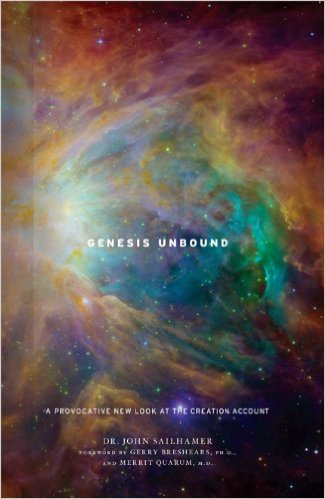We Need to Quit Blaming the Media, Politicians, or the Infernal Them
I call this group of (people | entities | circumstances) the infernal “they” or “them.” They are the people who cause all the problems. They have no moral compass. They are disruptive. They lie. They are apostates, perverts, stupid, deplorable, weak, losers, socialists, libertines (sometimes intended to include libertarians!). Disgusting, all of them. They are doing it to us.
This is one of the unfortunate results of individualism. There are many fortunate results as well. I am not one who wishes we’d get back to some sort of day when the individual didn’t really matter, and everything was about the collective. Like most “old days,” the reality of the old days is somewhat less [whatever we wanted it to be] than our imagination makes it. There has always been a balance between a view that values the society above all and one that values the individual. The emphasis varies; the elements are still there.
One problem with western individualism, however, is that we can so easily use it to find ways to blame someone else while separating ourselves. I am not responsible for anything but the things that I, personally, have done. I take no responsibility for what my ancestors did (though I’ll cheerfully benefit from their actions). I take no responsibility for the wrong actions of my church, my party, my social club, or my industry. I, personally, am blameless. In this, I am wrong.
In politics right now it’s popular to blame the media. Despite the fact that media outlets come from many perspectives, and you can find one as liberal or conservative, libertarian or authoritarian as you might desire (ain’t the internet wonderful), somehow, the collective media is responsible for whatever it is that I think is bad. They have lied and propped up one candidate, they have lied and trashed another. Within the same day I can read about how they have both completely destroyed and totally built up the same candidate.
This they, a “they” of which the speaker is not a part and does not carefully define, is the infernal they. It is the “they” that commits all evil acts. Besides being infernal it is also highly mobile. It is very hard to find this “they” and cause them to change or take responsibility for “their” actions.
I’m aware that neither you nor I are responsible for everything. But here’s a suggestion: Drop out of the game of assigning blame for the stuff you didn’t do and take responsibility for what you have done and can do something about. In addition, if you are—and remain—a member of a group, take responsibility for that group. Yes, you can distinguish what you support and don’t, but you are a part of what the group does. This means Republicans, Democrats, Libertarians, United Methodists, Baptists (of whatever variety), and so forth.
I would like to demote the word “they” in my vocabulary and promote the word “we.” The media is producing material that people watch and that produces sales for their sponsors. Yes, there are some things that the people in media want themselves. But there is little that motivates so effectively in our culture as money. For the media, readers, viewers, and listeners mean money. That’s the “we” I’m talking about.
We need to be more discerning in our viewing and listening. We need to be active in letting the media know what we do and do not want to see and hear. But, you say, you can’t really change that whole mass of “them” out there. Don’t worry about it. Change you. Turn your TV off. Visit a different site. Read a good book instead (says the publisher!)
Try to find the “we” before you utter that critical word. What I can say for myself is that I am often much too fascinated by the seamier side of the world. It is too easy to persuade me to give views to a web site that is saying things that I really shouldn’t support. I can make the excuse that I am “checking out the other side” or “keeping informed,” but it really is just the receiving side of gossip, and the one who listens to gossip is just as responsible, I believe, as the one who speaks it. After all, if every time the gossiper said, “Do you know what widow Jones did?” the response was “No, and I don’t want to know,” gossip would die.
Wrong needs to be challenged, but let’s start with the wrongs we can challenge using the word “we.” Let’s take our example from the biblical Daniel. I’m reminded of his prayer in chapter 9. By all biblical accounts Daniel was a righteous man. No act worthy of blame is recorded of him. Yet as he begins praying (Daniel 9:5-6a), there is a powerful litany:
We have sinned, we have done wrong, we have acted wickedly, and we have rebelled, turning aside from your commands and your judgments. We have not obeyed your servants the prophets …
Yet Daniel had done none of those things. It was not a matter of feeling or being guilty; you can drown in the guilt of others. What he did was he spoke for his people as one of them.
I think our prayers would be more powerful and our actions more effective if we learned his approach.
